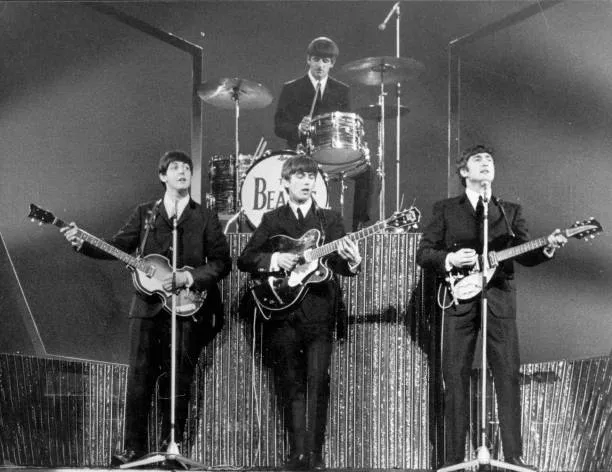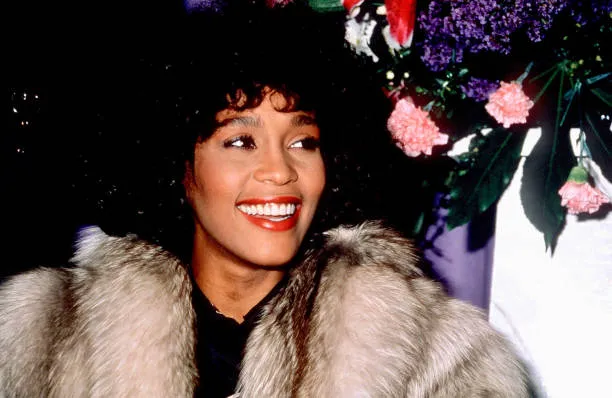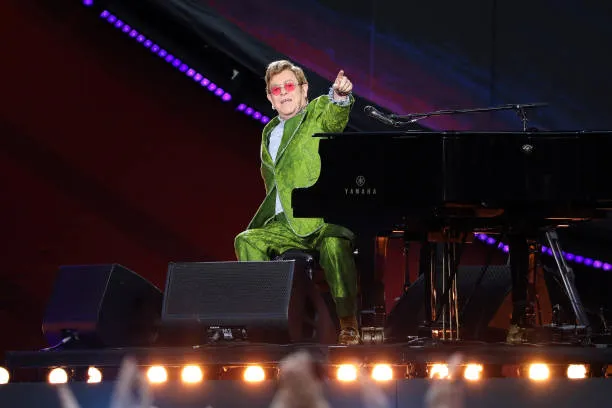No artist is safe from being a trend rider during their time in the spotlight. Even before someone becomes famous, they usually have certain biases regarding their favourite music, and no matter how many times people try to convert them to something else, they want to put their stomp on it. While Eric Clapton eventually opened up to all sorts of music, he admitted that he was swearing off Bob Dylan when he put together his first masterpieces.

When Clapton picked up a guitar, though, he only spoke one language: the blues. The first waves of rock and roll were crashing into the musical beach, but Clapton knew that if he really wanted to excel on his instrument, he would need to crib some notes from the biggest guitarists that had come before, whether that was Robert Johnson, BB King, or Muddy Waters.
Chuck Berry was still one of the core models for rock and roll, but Dylan wasn’t too far behind him in terms of raw songwriting. There had been folk singers before as far back as Pete Seeger and Woody Guthrie, but Dylan was the first to give a face to what was happening in the here and now, making bold claims about the government on ‘Masters of War’ or reminding everyone that things were bound to get better on ‘Blowin’ in the Wind’.

Despite being a mouthpiece for everything the counterculture would become, Clapton remembered initially thinking that Dylan was nothing more than another folk singer, saying, “When the people around Kingston at some point discovered Bob Dylan, and it was a couple of years before The Times They Are A-Changin’, The Freewheeling Bob Dylan became very popular. I was really anti it and on principle because I was going backwards in my search for the pure essential blues. And the more intense that got, the more dogmatic and purist I became.”
If there was anyone who was going to sway Clapton’s opinion of what Dylan had to offer, though, it was going to be the blues troubadours that were following after him. While Dylan’s switch to electric music sent shockwaves through his fanbase, bringing in someone like Mike Bloomfield to play guitar on Highway 61 Revisited put a lot more taste into what he was doing.

By the time Clapton had dissolved Cream, he had become a fanatic of that rootsy style of music, even claiming to want to join Dylan’s backing group, The Band, when they struck out on their own on Music From Big Pink. If he couldn’t join them, though, that meant that ‘Slowhand’ would be thinking outside the box when carving out his solo career.
Across his first handful of solo outings, Clapton had begun taking cues from that rootsy style of production, adding a bit of a rockabilly twist behind tracks like ‘Lay Down Sally’ and cleaning up his guitar tone to give his material a twang. Even when adapting reggae for the modern age on ‘I Shot the Sheriff’, he was still doing his best take on Robbie Robertson half the time.
Then again, that’s what artists of Dylan’s calibre are supposed to do. Not everyone needs to enjoy everything they’ve put out, but the more you see with the music, the more you will appreciate what they have to offer for musical culture as a whole.



